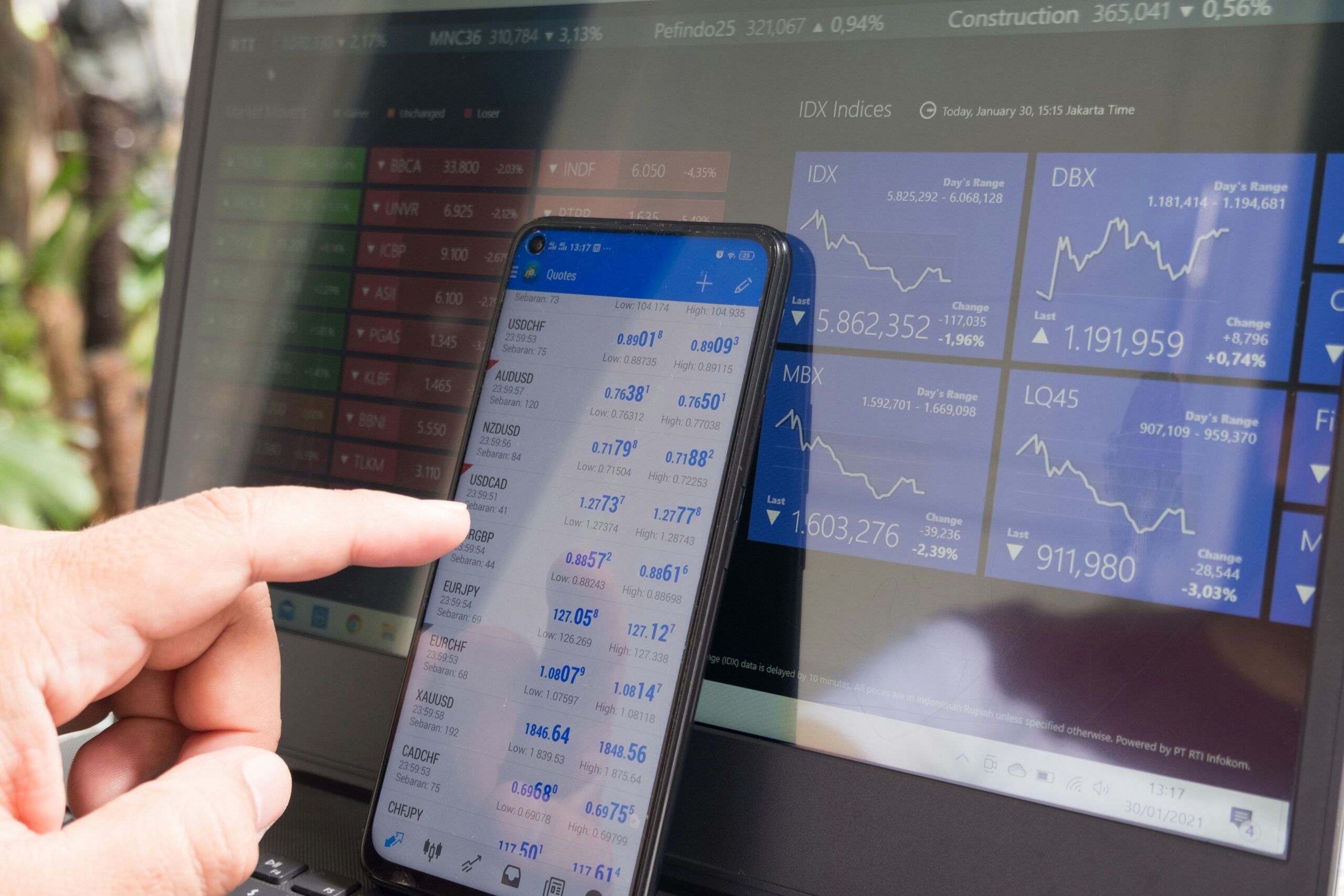
Amidst the enduring challenges brought by geopolitical uncertainties, there is a sense of ambiguity surrounding the global economic landscape. The financial markets continue to be affected by varying GDP growth forecasts, trade conflicts, and political occurrences worldwide. This article aims to examine prevailing trends in the global economy while analyzing critical factors that shape prospects for economies around the world.
The projections for GDP growth reveal a disparity in the recovery of the global economy. Some sectors and regions have experienced a robust rebound, while others face challenges due to supply chain disruptions and persistent virus-related issues. The forecasts account for several factors such as vaccination rates, economic resilience, and fiscal stimulus measures that contribute to these variations.
As vaccination programs move forward and economic activity rebounds, advanced economies including the United States and certain European nations are anticipated to encounter vigorous GDP growth. On the other hand, emerging markets as well as developing countries confront amplified uncertainty due to restricted access to vaccinations, substantial debt levels along inherent vulnerabilities. In addition, geopolitical tensions and trade disturbances make economic prospects for these locations even more perplexing.
Persistent Trade Tensions: Ongoing trade tensions amongst major economies, with a special focus on the United States and China, remain a threat to worldwide economic stability. Disputes revolving around tariffs, intellectual property rights as well as market accessibility have given rise to unpredictability and instability in international trade leading it affect supply chains along with business investment choices. Enforcing trade barriers alongside countermeasures has lessened the global flow of trade thereby halting any potential growth prospects primarily for those nations relying heavily on exports.
Geopolitical shifts are crucial factors in the global economic landscape. They encompass conflicts, political unrest, and contests for geopolitical dominance that affect energy markets, commodity prices, and international supply chains. The unrest in hot spots like Eastern Europe’s Middle East or South China Sea poses serious threats to market stability. In addition to these challenges created by regional disputes, there is a ripple effect of tension among major powers such as Russia with its rivalries against countries including the United States & China leading them towards wavering trade relations over time along with investment inflows affecting sensitivity-based financial systems which only increase micro-level instability exponentially over-time thus greatly impacting world economies at macro level creating significant negative implications overall
The interplay between global economic trends, trade tensions, and geopolitical developments has a significant impact on financial markets and investor sentiment. The unpredictability of the economic outlook combined with political risks can result in equity market volatility, fluctuations in commodity prices, as well as changes to currency values. Investors must face these challenges by diversifying their portfolios actively; keeping themselves updated about any global shifts occurring while also implementing risk management strategies that will safeguard against probable losses they may incur.
In conclusion, global economic prospects are influenced by a multitude of variables such as GDP growth estimations, trade disputes and geopolitical developments. Although several economies seem ready to bounce back from financial setbacks, others encounter hindrances stemming from COVID-19’s lasting ramifications and political uncertainties. As investors, it is vital to stay alert by evaluating how worldwide trends affect investment portfolios and adjust tactics accordingly to navigate through advancements within the economical layout while capitalizing on advantageous circumstances amid unpredictability.
